“One is that school and society have programmed us to think our personal worth depends on how we are evaluated by others, and that our status is defined by our rank within an institution or society. Another very important habit that needs eliminating is thinking: ‘Life is a process of graduating from one externally-provided program to the next.’ – Conrad P. Pritscher, Einstein and Zen
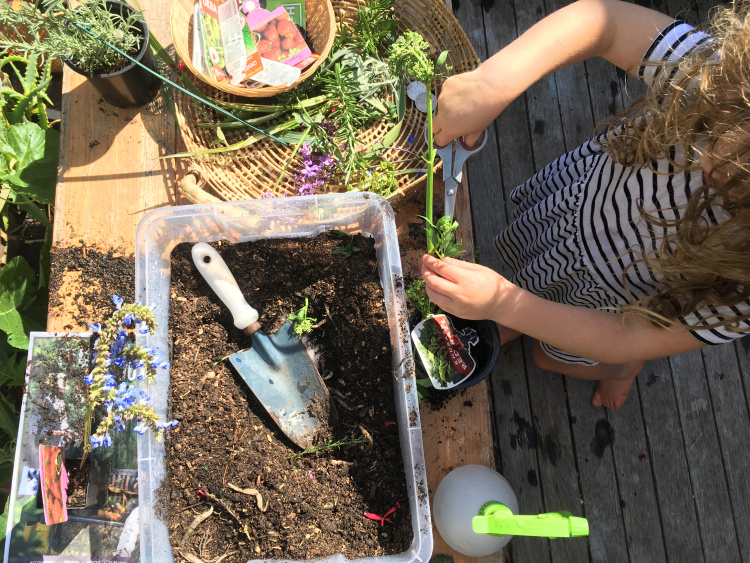
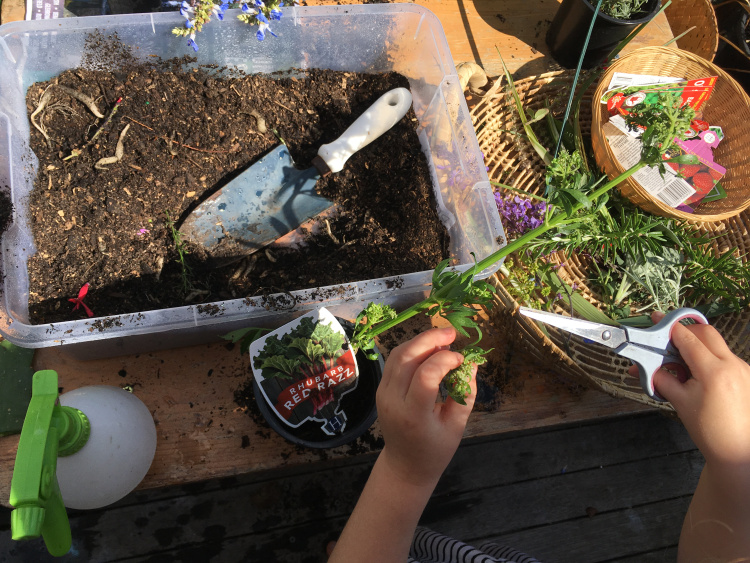
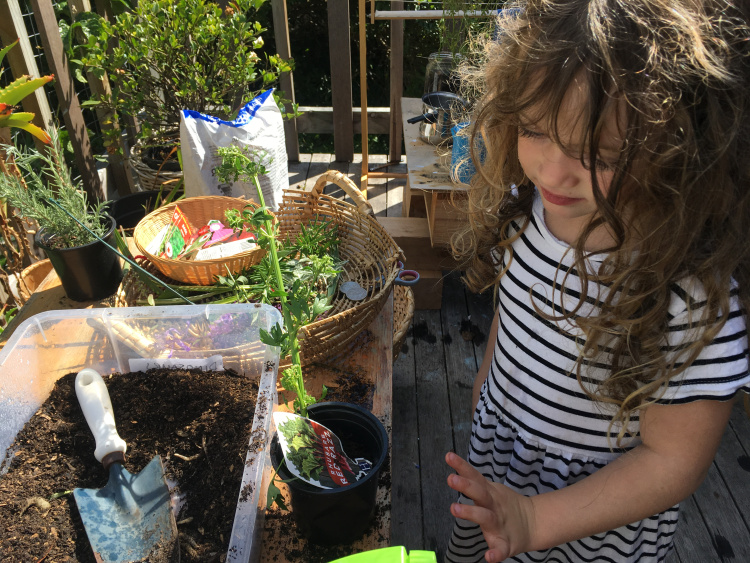
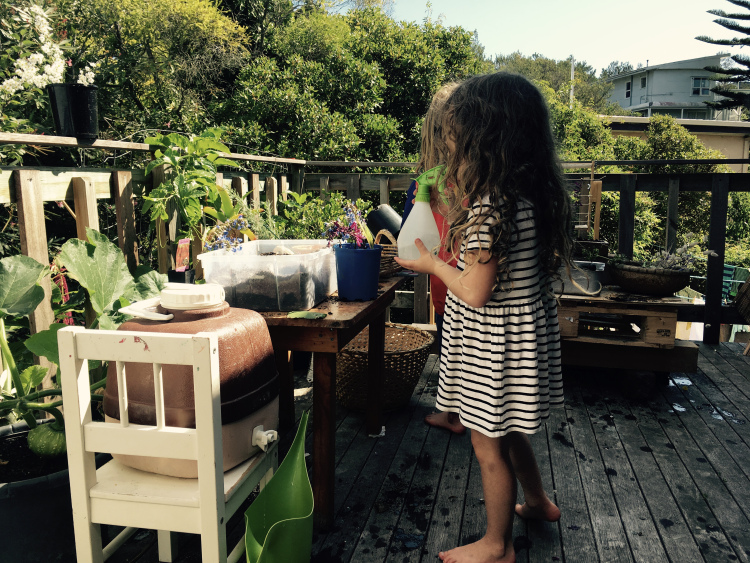
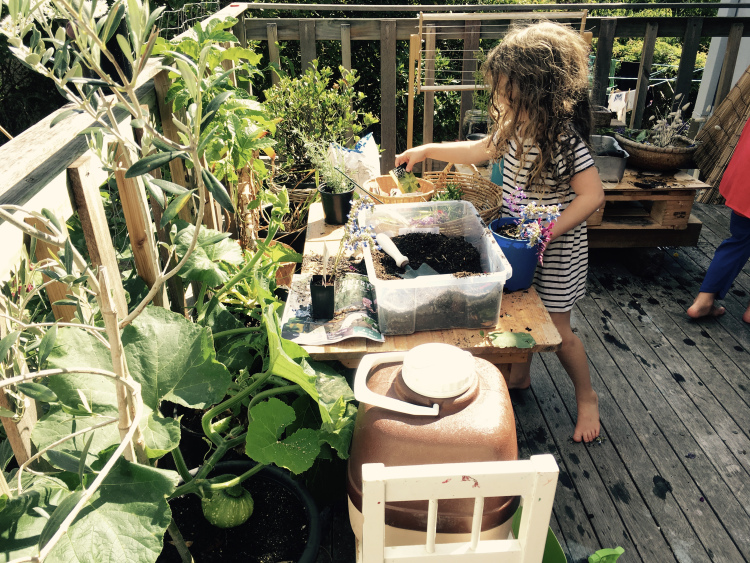
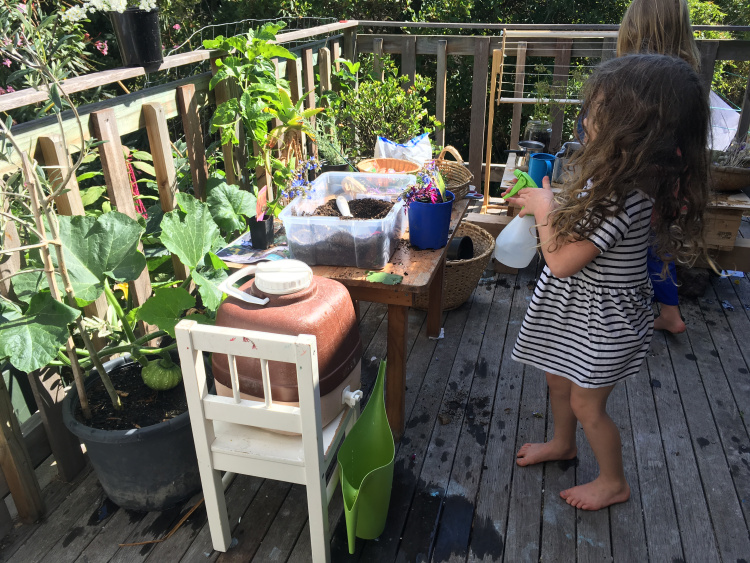
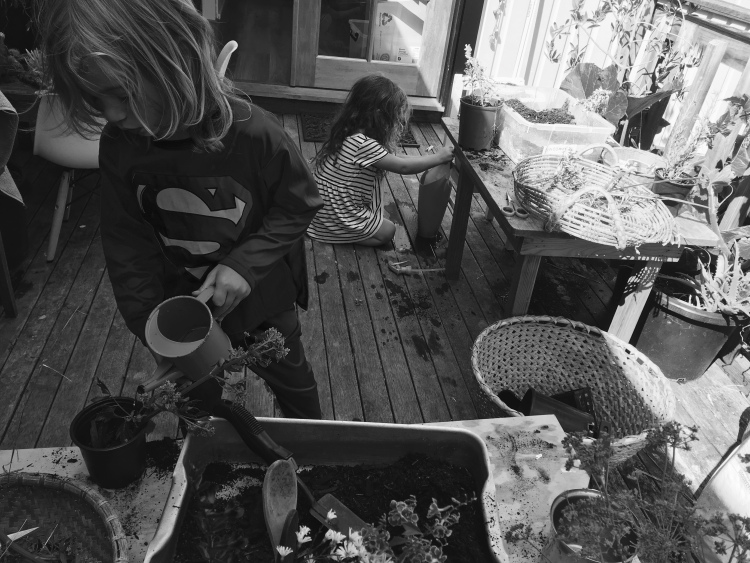
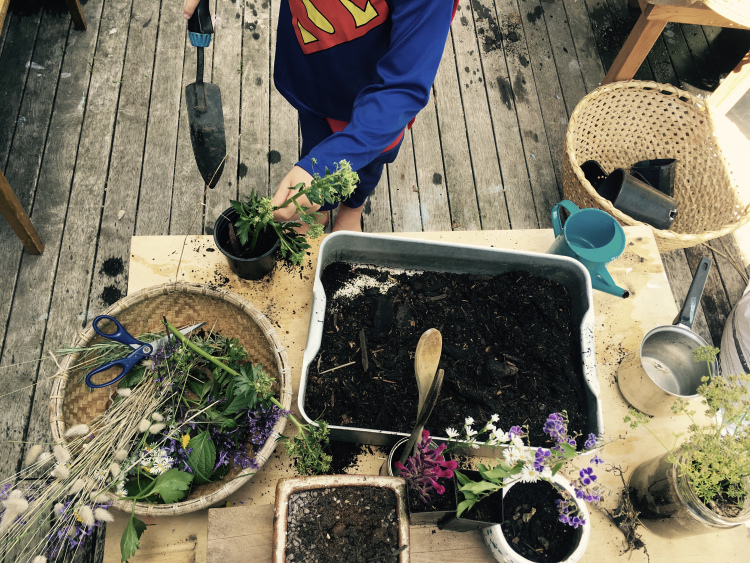
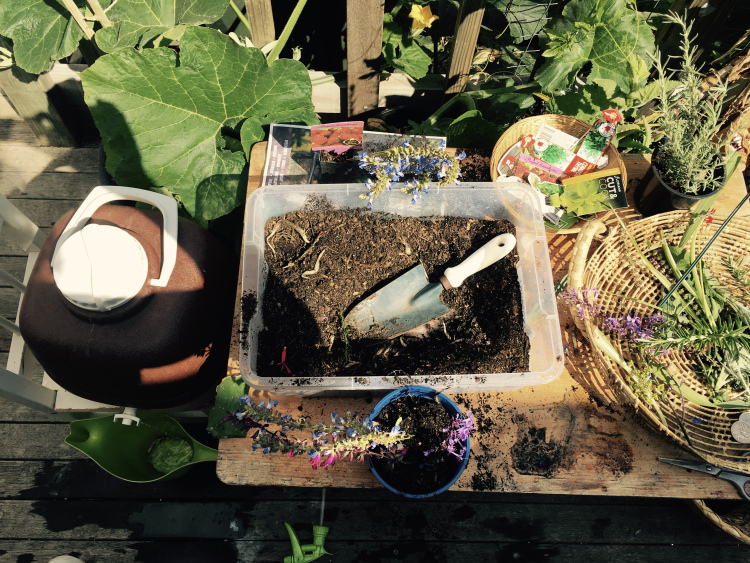
I am at ease with my children taking the lead when it comes to what they are wanting to do. I simply don’t feel that there should be any rush towards any one objective that needs to be reached in a particular time frame. I am not holding their development to any preconceived ideas of what they should know. This is not the way i have always moved. For the most part i have been a follower of the ‘normalised route’ when it comes to educating children. Had it not been for the witnessing of the unfolding of my older children’s educational experience, it’s highly likely that i still would be following the more ‘traditional’ paths so many are accustomed to. Are we primitive in our thoughts about this process? Are we at the stage where we are willing to question it yet? Or, does is it seem too big, too hard to fathom, that possibly this system that is so heavy relied upon and trusted, could in fact be far more detrimental to our children’s spirits and abilities to learn than we are willing to admit. I’m not entirely sure what exactly or who rather that we are entrusting them to anymore. It seems it is somewhat a political game, and is far from focused on the intricate details of what is required for children to thrive in their learning spaces. Our children are spending the greater part of their childhood growing within this system. It would be somewhat naive, if you believe that during this time, that they’re not being deeply shaped and affected by those who they are surrounded by in their day to day lives. The greater part of children’s productive waking time is spent within the school domain, and as unsettling as it may be, the predominate influence in regards to what children believe about themselves and their abilities to learn has become that of their educators and peers. Children are taught very quickly that mistakes are wrong to make, that making mistakes will amount to failure, and failure inevitably is how they will learn to feel about themselves. This message is undeniable and very difficult for a parent to convince them of otherwise when the message is reinforced again and again over long periods of time. It’s a familiar pattern in modern teaching now, it’s become normalised and is somewhat expected. Whether or not we should be accepting it for our children, is the question that we should be asking now.
“Once compulsory systems of state-run schools were established, they became increasingly standardized, both in content and in method. For the sake of efficiency, children were divided into separate classrooms by age and passed along, from grade to grade, like products on an assembly line. The task of each teacher was to add bits of officially approved knowledge to the product, in accordance with a preplanned schedule, and then to test that product before passing it on to the next station.” –Peter Gray, Free to learn
Share this:





